Any tips on removing scale from citrus trees?
Andrew Scott
13 years ago
Featured Answer
Sort by:Oldest
Comments (41)
thisisme
13 years agoRelated Professionals
Cottonwood Landscape Architects & Landscape Designers · Redondo Beach Landscape Architects & Landscape Designers · Garden City Landscape Architects & Landscape Designers · Brandon Landscape Contractors · Cerritos Landscape Contractors · Clearlake Landscape Contractors · Dunwoody Landscape Contractors · Ellensburg Landscape Contractors · Franklin Landscape Contractors · Lake Zurich Landscape Contractors · South Lyon Landscape Contractors · The Woodlands Landscape Contractors · Forest Hill Landscape Contractors · Sun Valley Landscape Contractors · Norridge Landscape Contractorscath41
13 years agocath41
13 years agomeyermike_1micha
13 years agoAndrew Scott
13 years agorhizo_1 (North AL) zone 7
13 years agoAndrew Scott
13 years agorhizo_1 (North AL) zone 7
13 years agocall_me_wizfire
13 years agomeyermike_1micha
13 years agorhizo_1 (North AL) zone 7
13 years agocall_me_wizfire
13 years agosubyz
12 years agosubyz
12 years agosusan2010
12 years agorhizo_1 (North AL) zone 7
12 years agosusan2010
12 years agoloccorock
9 years agoLeslie
9 years agomyermike_1micha
9 years agokflann042
8 years agomyermike_1micha
8 years agokflann042
8 years agotim45z10
8 years agodimitrig
8 years agomyermike_1micha
8 years agolast modified: 8 years agojanecat2
7 years agov_margarita9379
7 years agolast modified: 7 years agojohnmerr
7 years agolast modified: 7 years agoCathy Head
7 years agoVladimir (Zone 5b Massachusetts)
7 years agomyermike_1micha
7 years agoUser
7 years agoemmett518
7 years agopjsodaro
5 years agoVladimir (Zone 5b Massachusetts)
5 years agoemmett518
5 years agoBrian Warford
2 years agoSilica
2 years agoMeyermike(Zone 6a Ma.)
2 years ago
Related Stories

GARDENING GUIDESHow to Keep Your Citrus Trees Well Fed and Healthy
Ripe for some citrus fertilizer know-how? This mini guide will help your lemon, orange and grapefruit trees flourish
Full Story
GARDENING GUIDESSpring Citrus Care Reaps Months of Sweet Rewards
Learn how to tend citrus trees in spring and ways to preserve their delicious fruit
Full Story
LANDSCAPE DESIGNHow to Look Good From Any Angle (the Garden Edition)
Does your garden pique interest from one vista but fall flat from another? These tips and case-study landscapes can help
Full Story
DECORATING GUIDES5 Decorating Tips for Getting Scale Right
Know how to work art, sectionals, coffee tables, lamps and headboards for a positively perfect interior
Full Story
MOST POPULAR12 Key Decorating Tips to Make Any Room Better
Get a great result even without an experienced touch by following these basic design guidelines
Full Story
DECORATING GUIDES10 Design Tips Learned From the Worst Advice Ever
If these Houzzers’ tales don’t bolster the courage of your design convictions, nothing will
Full Story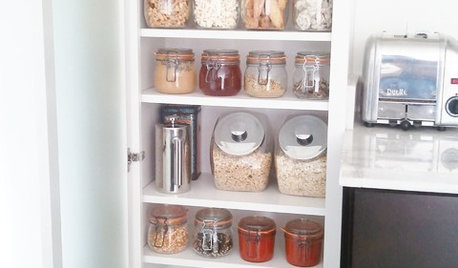
HEALTHY HOME6 Tips From a Nearly Zero-Waste Home
Lower your trash output and increase your quality of life with these ideas from a mom who did it to the max
Full Story
HOW TO PHOTOGRAPH YOUR HOUSETake Great Home Photos the Easy Way — 5 Tips From a Pro
Improve your for-sale ad or just make beautiful memories with these simple strategies anyone can use
Full Story
DECORATING GUIDESTop Tips From a Green Interior Designer
Ecofriendly homes can do more than tread lightly on the earth. They can be stylish and comfortable too, says this top-notch green designer
Full Story
SELLING YOUR HOUSESell Your Home Fast: 21 Staging Tips
Successful staging is key to selling your home quickly and at the best price. From cleaning to styling, these tips can help
Full StoryMore Discussions






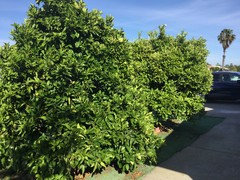

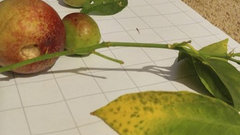
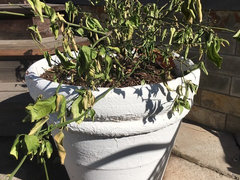
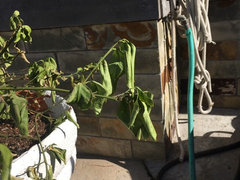
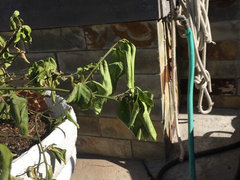
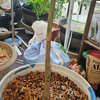
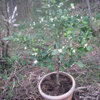
mrtexas